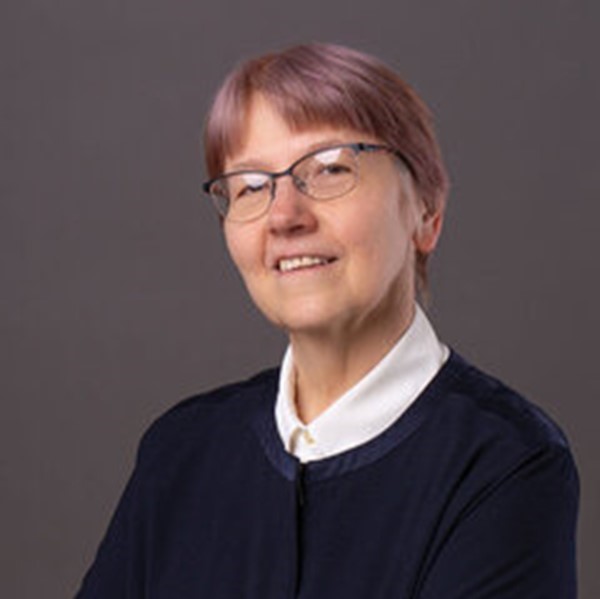Conceptual Modeling for recognition of technology acceptance, attitude, and intention to use
Developing complex software may be a challenge for students or those with less technical expertise in software design due to the large number of modeling notation, methods, tools, and technologies. The new technology solutions, e.g., Internet of Things, digital twins, or intelligent objects, i.e., robots, sensors, drones, etc. can also cause difficulties in their implementation process, because of their low understandability. The need to recognize the users’ preferences and attitudes was the basic premise to develop the technology acceptance models.
That models and theories focus on studying factors affecting acceptance, attitudes, or decision to use. This lecture aims to present and discuss the applicability of statistical methods for evaluation of technology acceptance. The lecturer will explain the acceptance frameworks, e.g., the Revised Technology Acceptance Model (RTAM), Technology Readiness Index (TRI), or the Technology-Organization-Environment (TOE) model. These frameworks are needed for specification of the conceptual models, which are sets of interrelated latent variables. Next, the Structural Equation Modeling (SEM) will be explained and discussed. Further, some statistical model estimation results will be presented. Finally, the pros and cons of the SEM application will be considered.
Lecture at NEMO2024
Date/Time: Monday, July 22, 2024 at 10:00

